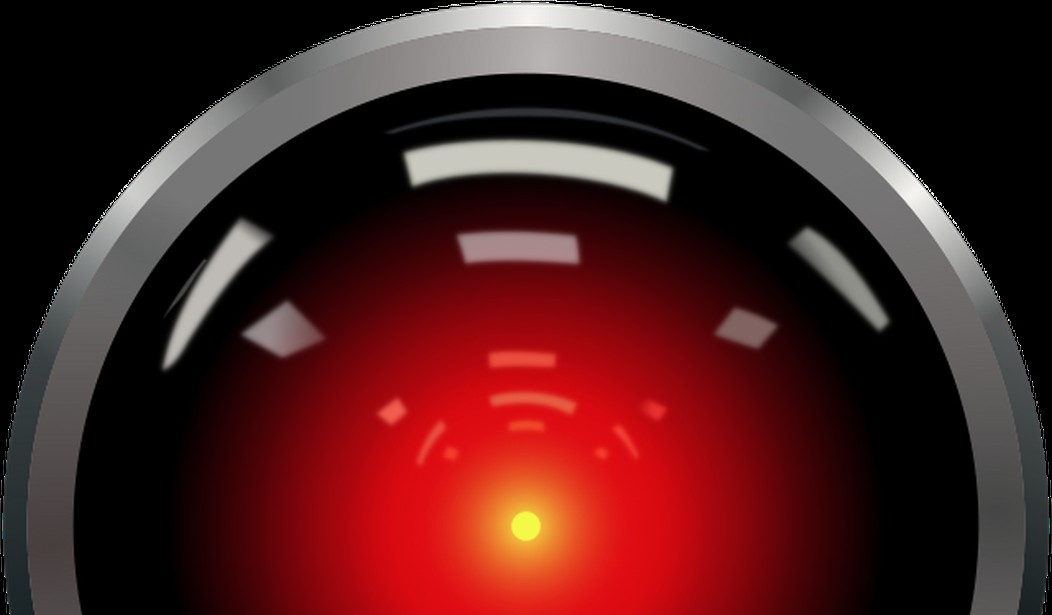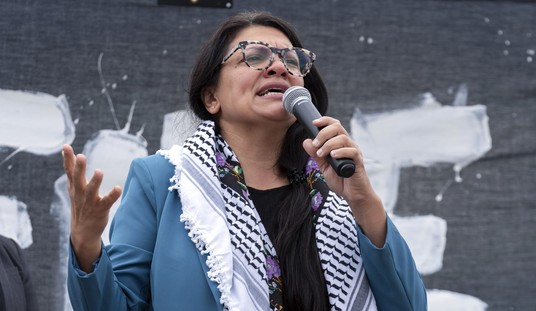I'm afraid this is kind of a sad week in the sky.
This period in NASA history has had three major accidents with loss of life. The first was Apollo 1, which cost us Gus Grissom, Ed White, and Roger Chaffee.
On the day of the fatal fire,
— CONTACT LIGHT 。 ◯ *・ (@contactlight69) January 26, 2025
January 27, 1967.
Remember the guys of #Apollo1
Roger Chaffee, Edward White, Virgil Grissomhttps://t.co/HSGYtbe4wc https://t.co/fyUshvamoU pic.twitter.com/42BPPfEiAC
As with most air or space accidents, it was a result of a bunch of failures and poor design decisions. The worst of them was operating for the test with oxygen at higher than atmospheric pressure. The effect on combustion is impressive.
Things you wouldn't normally think are flammable burn like mad.
One person who remembers the accident.
The Apollo 1 fire had a profound impact on the staff and contractors that were at Pad 34 that day and sent shockwaves throughout the space community.
— National Air and Space Museum (@airandspace) January 28, 2025
Matthew Beddingfield shares his grandfather James D. Gleaves's harrowing recollections in this #ASQ: https://t.co/JrITp2iOtb pic.twitter.com/FDVUyMvPXX
But it didn't stop the Apollo program. A few years later, Apollo 11 was launched and delivered to men to the moon. Apollo 14 launched on this day in 1971.
Apollo 14, carrying astronauts Alan Shepard, Stuart Roosa, and Edgar Mitchell, lifted off #OTD in 1971. To prevent a recurrence of the accident that had crippled Apollo 13 the previous year, engineers had modified their spacecraft. pic.twitter.com/fwjbh8sZ3Z
— NASA History Office (@NASAhistory) January 31, 2025
On this day 1971 - Apollo 14 Launch Tracking
— Mike Constantine (@Moonpans) January 31, 2025
Upscaled footage with synchronised audio of the Apollo 14 Saturn V as it powers towards space, and completes staging.
Source Video: National Archives
Source Audio: NASA Apollo Flight Journal pic.twitter.com/P9HiEWwRL2
The Space Shuttle Challenger was destroyed by an explosion caused by the inter-component seals in the solid fuel external boosters failing due to unexpected cold.
January 28, 1986: 35 years ago, the Space Shuttle Challenger had a fatal incident 73 seconds into its flight.
— Vala Afshar (@ValaAfshar) January 28, 2021
I remember watching liftoff live in school with my classmates. We were all shocked and deeply saddened. It is very difficult to watch this video. pic.twitter.com/0LNdtPCcSy
There are apparently Challenger accident truthers. Just ahead of time, I have no tolerance for them.
I was there, reporting on the launch, and saw the Challenger explode. Very, very sad day. Had just spoken to Christa's family a short time before. pic.twitter.com/NoPZvYZYEd
— Ed Achorn (@Ed_Achorn) January 28, 2025
Richard Feynman refuted NASA's insistence that it couldn't have been the seals with a glass of ice water. As he said, Nature can't be fooled.
“For a successful technology, reality must take precedence over public relations, for Nature cannot be fooled.” - Professor Richard Feynman, Rogers Commission into the Challenger disaster. pic.twitter.com/E9zBzFzdcQ
— NSF - NASASpaceflight.com (@NASASpaceflight) January 28, 2025
Then of course was the Columbia accident, caused by missing heat shield tiles, leading to burn-through and subsequent catastrophic failure of the airframe.
1 February 2003. The Space Shuttle Columbia disintegrated upon re-entering Earth's atmosphere, killing all seven crew members. The second fatal accident in the Space Shuttle program after Space Shuttle Challenger. pic.twitter.com/1AvwnFO3sQ
— Ron Eisele (@ron_eisele) January 31, 2025
All aboard were killed.
8:59 am EST 2003, the #Columbia accident.#WeWillNeverForget
— NASA History Office (@NASAhistory) February 1, 2016
Husband
McCool
Anderson
Chawla
Brown
Clark
Ramon pic.twitter.com/7lUtIjzlKh
May their memory be a blessing.
We aren't going to let it stop us.
Stunning https://t.co/pEzRZvDOhd
— mandy (@deimosdefender) January 31, 2025
And that's enough of that. Let's look at some pretty stuff.
The dusty arms of most spiral galaxies trail behind them as they turn. But NGC 4622 has two "leading" outer arms that point in the direction of the galaxy's rotation! This may be from a past interaction with another galaxy: https://t.co/ZDnTrUDfnU #BackwardsDay pic.twitter.com/EBFz6lc9zc
— NASA Universe (@NASAUniverse) January 31, 2025
There seems to be a nearly infinite variety of spiral galaxies. They interact with one another really all the time but over intervals of millions or even billions of years.
NGC 4298 by JWST.
— Jwst Feed (@WebbFeed) January 31, 2025
Processing: John Bozeman.https://t.co/kfbMxy2q4E pic.twitter.com/1gd2vLDO7T
They are even visible with home hobbyist telescopes.
Kris Hazelbaker in Grangeville, Idaho, shared this stunning image on Sunday of The Hidden #Galaxy, IC 342. Thank you, Kris!https://t.co/jPoq2YvCVq
— EarthSky (@earthskyscience) January 31, 2025
Have a photo of your own to share? Submit it here!https://t.co/5EGA15Fu8X pic.twitter.com/DkAdzBTG3T
Some galaxies are not so nice and symmetrical, but they have their own beauty.
MIRI image of irregular galaxy NGC 4485.
— Jwst Feed (@WebbFeed) January 31, 2025
Processing: @yuvharpaz https://t.co/ibq9tExCCF pic.twitter.com/5l1BQdQXtm
I lost an image of the Seven Sisters last week, so here it is now.
M45 Pleiades Star Cluster by Davide de Martin pic.twitter.com/wRNySxwXad
— Julio Maiz (@maiz_julio) January 31, 2025
A lot of people say looking at the stars, the Milky Way, or other galaxies makes them feel small. I think instead it should make us feel big. Every atom in your body either came directly after the Big Bang or was made in a supernova or neutron star,
We're all part of this, and so far as we know right now, we're the only part who sees it and can wonder at it.
A feeling of #sonder hit me. At this very moment, someone, somewhere far beyond all those stars, is looking at their skies; and through the vastness of space is thinking of us. #vss365 pic.twitter.com/xBrCDAxC3q
— Anagha (@AAnagha197) January 31, 2025
So this week I ended up feeling somber but hopeful. As my late friend Frank Kelly Freas once said, "What if Isabella had said no?"
As always, I love to see comments. That connection is what makes this worthwhile.










